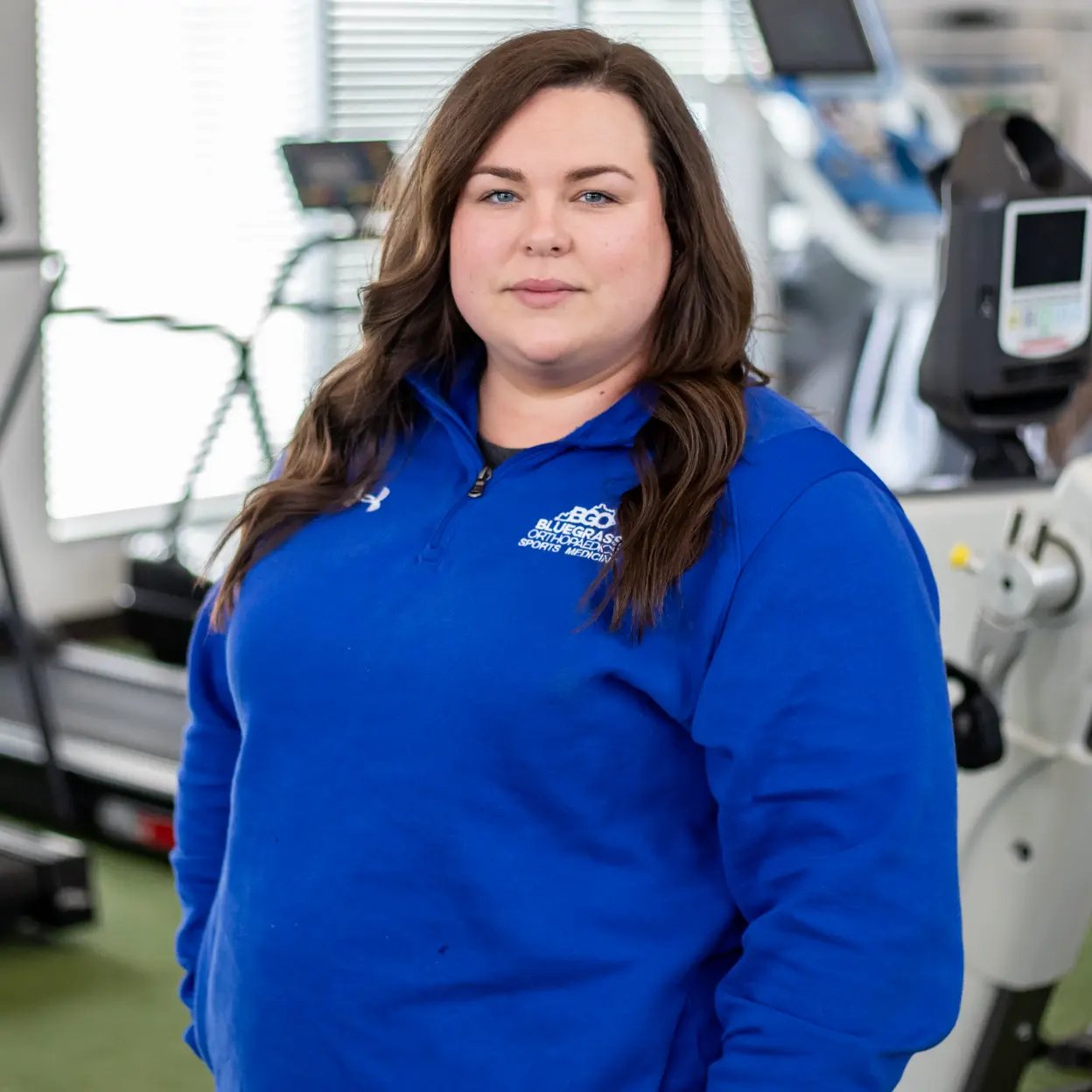NATM 2022
March 4th, 2022
March is National Athletic Training Month, a time
to bring awareness and educate about the field of Athletic Training.

What is an Athletic Trainer?
Athletic Trainers (ATs) are allied-healthcare professionals that work in a variety of settings, providing evidence-based care that is aligned with the domains of Athletic Training. There are 6 Domains of Athletic Training:
- Prevention
- Clinical Evaluation and Diagnosis
- Immediate Care
- Treatment, Rehabilitation, and Reconditioning
- Organization and Administration
- Professional Responsibilities
Athletic Trainers are part of a larger Sports Medicine Team that can consist of ATs, medical doctors (including orthopedic surgeons and primary care providers), physical therapists, sports nutritionist, sports psychologist, and other specialties as needed.
Athletic Trainers are often a way to bridge a gap in healthcare. This is especially true in rural areas where access to healthcare is limited. Athletic Trainers are often the first healthcare professionals that student-athletes will have access to and due to the nature of the field are most times a cost-effective access point for student-athletes. Athletic Trainers are also trained to refer to primary care providers and/or specialty physicians, when necessary.
Education Requirements
Athletic Trainers are educated in a variety of subjects, including: math, biology, chemistry, nutrition, anatomy, physiology, medical terminology, exercise physiology, orthopedic evaluation, rehabilitation, pharmacology, and emergency medical care. The current pathway to become an Athletic Trainer is a Bachelors degree usually in Exercise and Sports Science (or similar) with a Pre-Athletic Training concentration or similar. Upon completion of a bachelor's degree and pre-requisite courses, prospective Athletic Trainers must move on to an Entry-Level Masters program to further their education and obtain Athletic Training Certification.
In addition to the above mentioned education requirements, most states require some sort of certification, licensure, or both to legally practice as an Athletic Trainer. The state of Kentucky requires Board of Certification (BOC) and a licensure through the Kentucky Board of Medical Licensure (KBML). These are in conjunction with annual Continuing Education requirements.
Professional Settings
Athletic Trainers can work in a variety of settings, including: secondary schools, college, professional sports, NASCAR, performing arts, NASA, and industrial settings. Athletic Trainers are becoming increasingly common in a variety of other settings including physician offices, military, rehabilitation centers, emergency medicine, and with police and fire.
Athletic Trainers - Providing Health Care Everywhere.
Learn More About Our Athletic Trainers!
About the Author:

